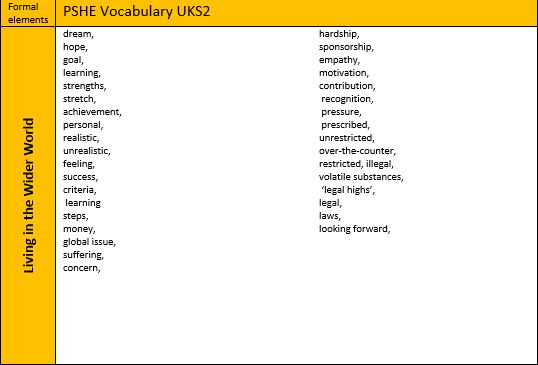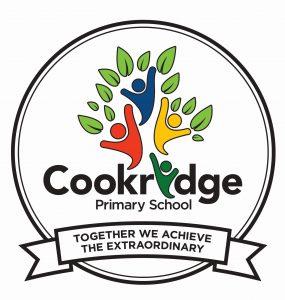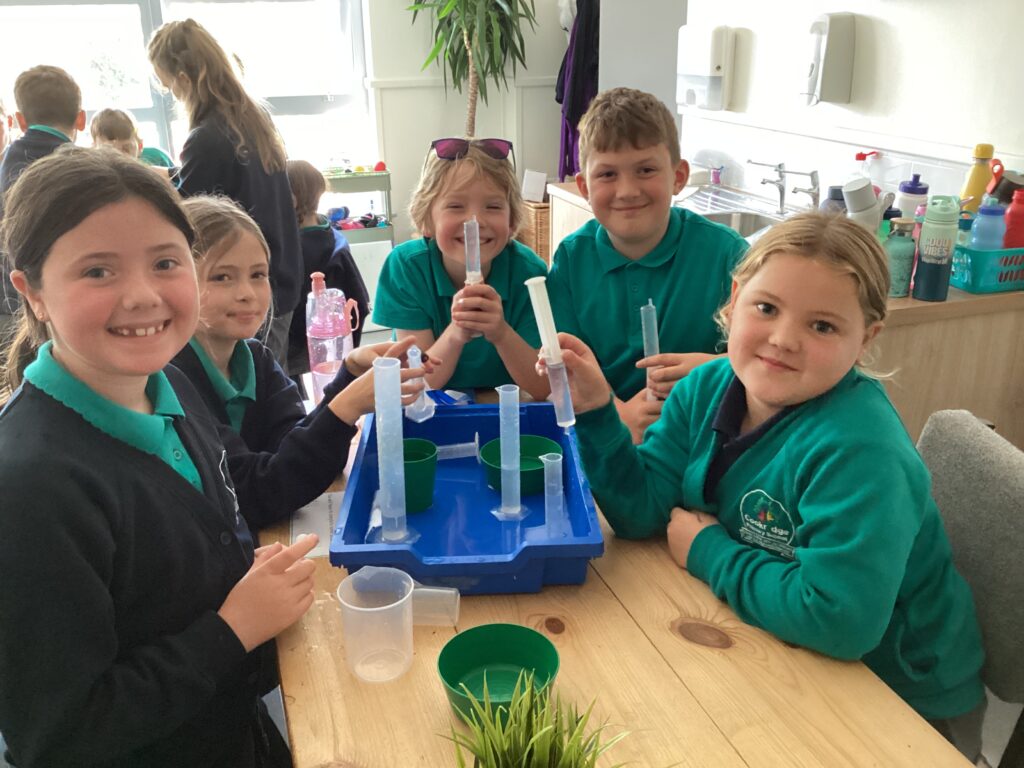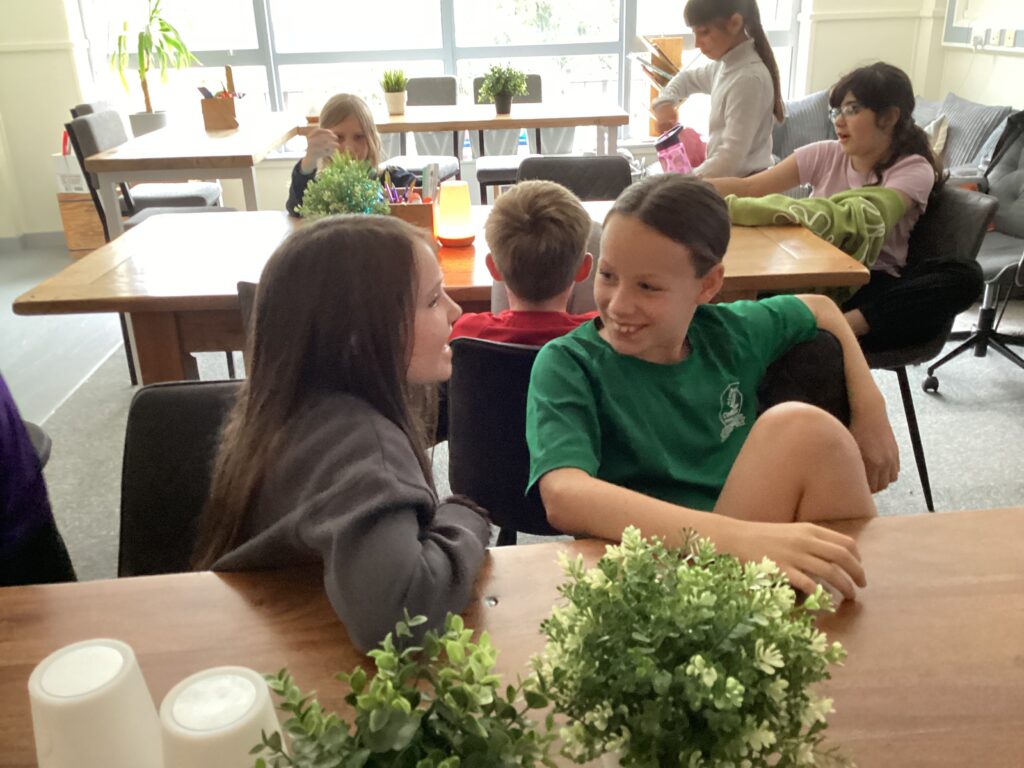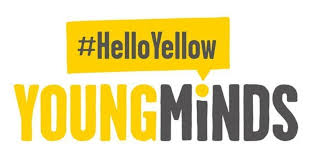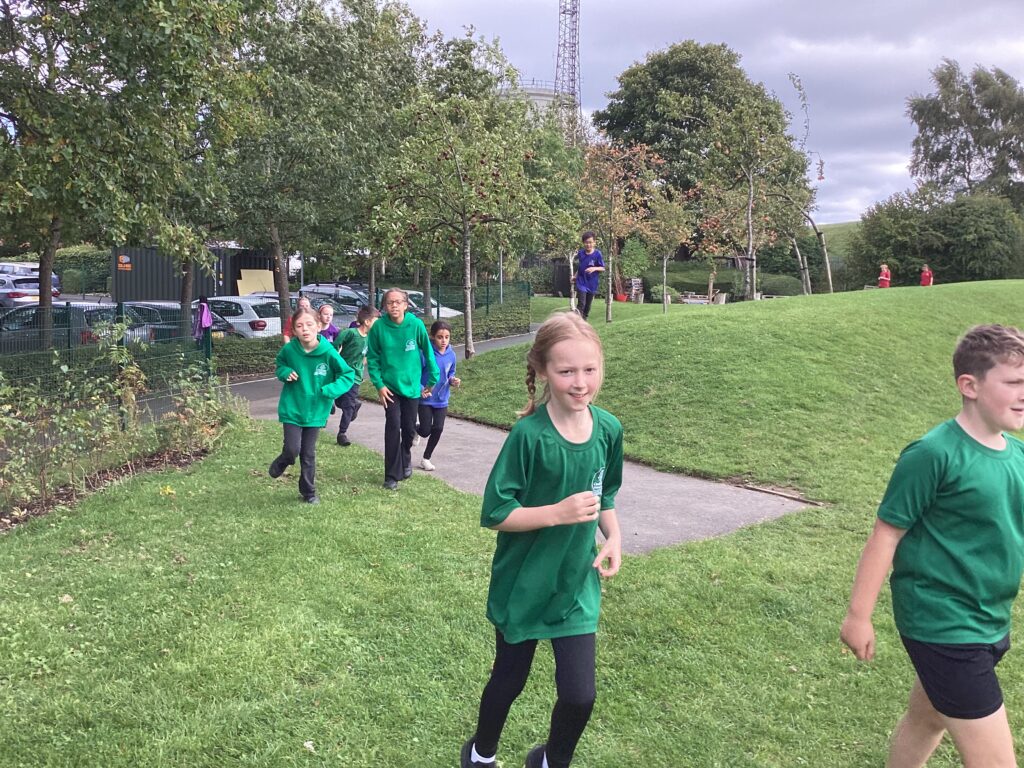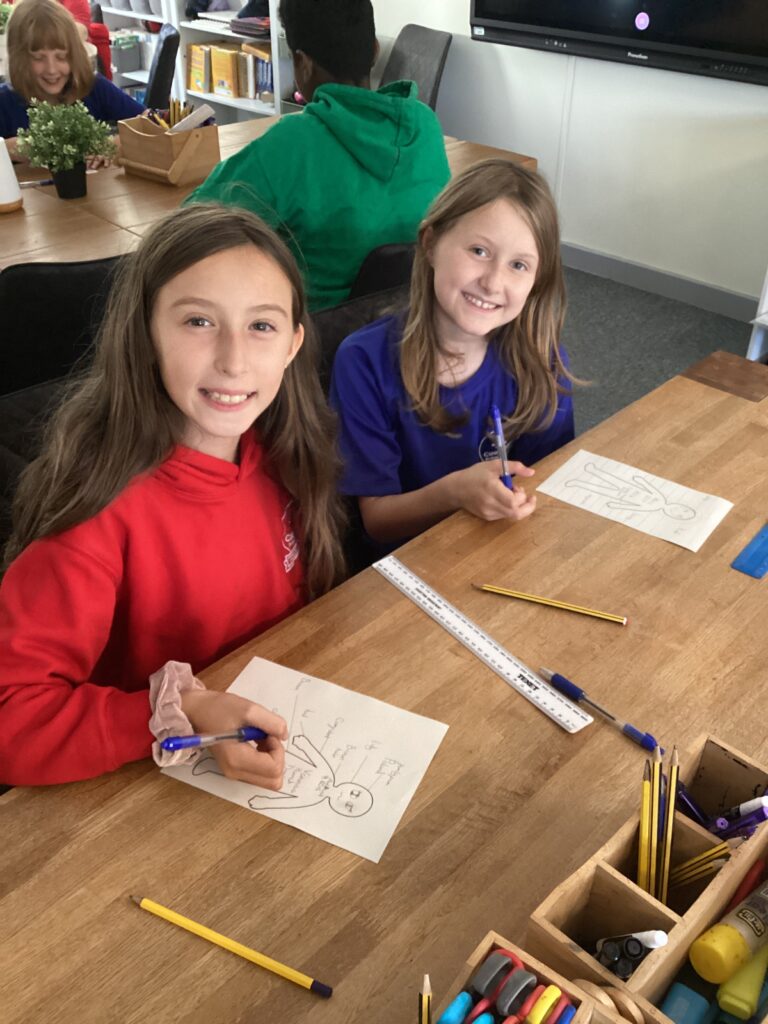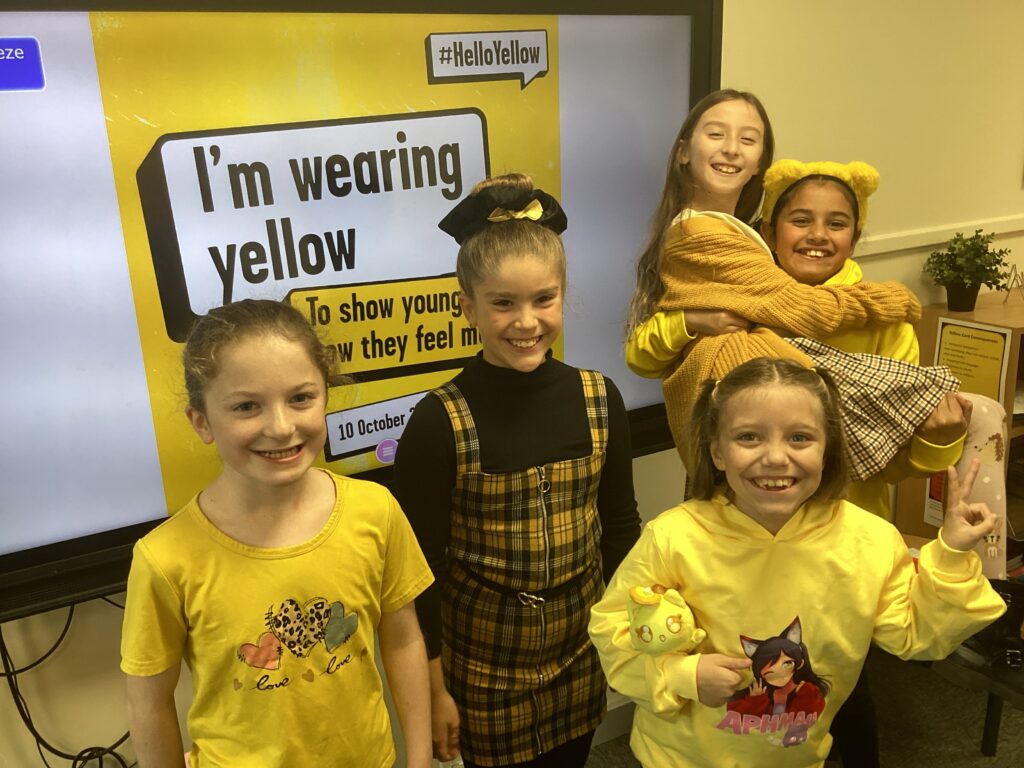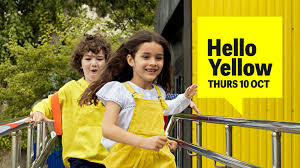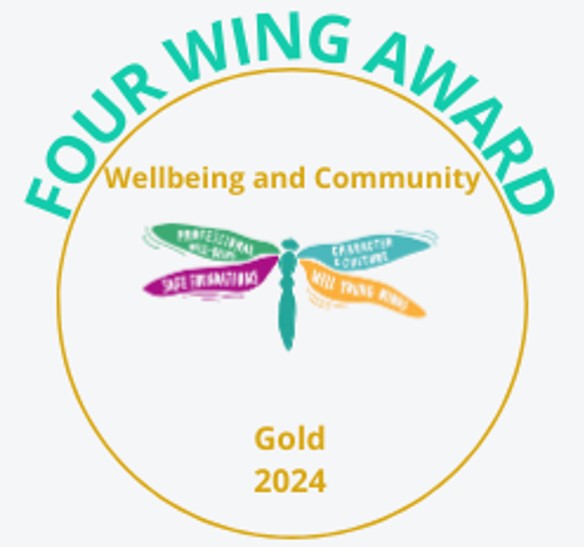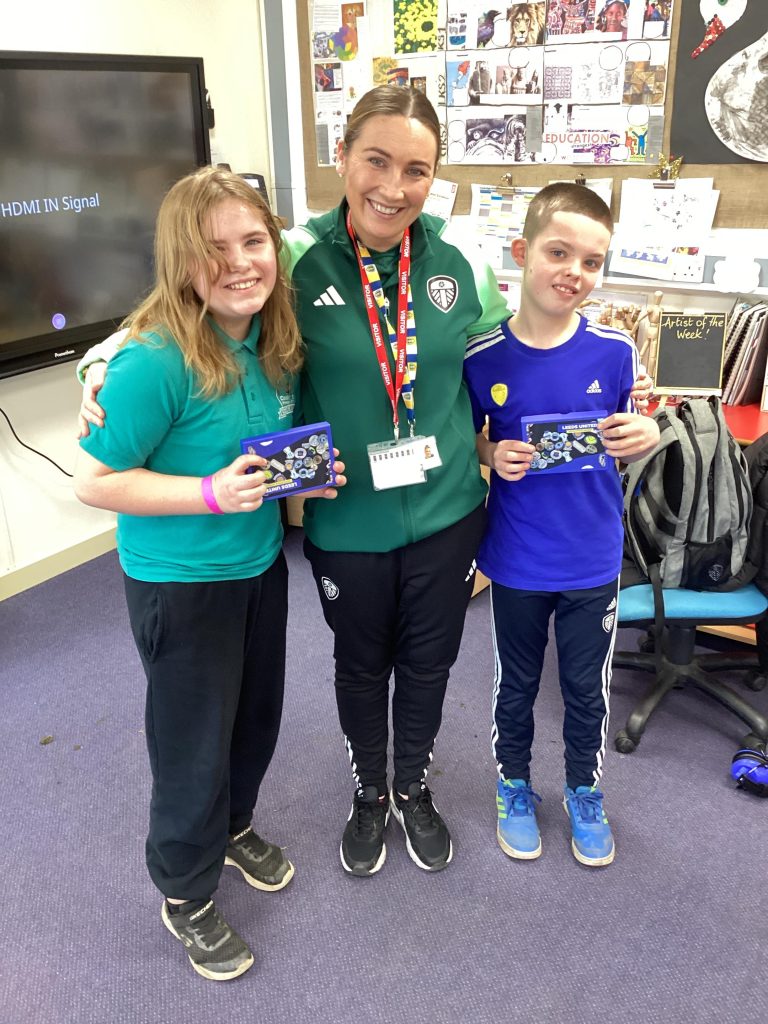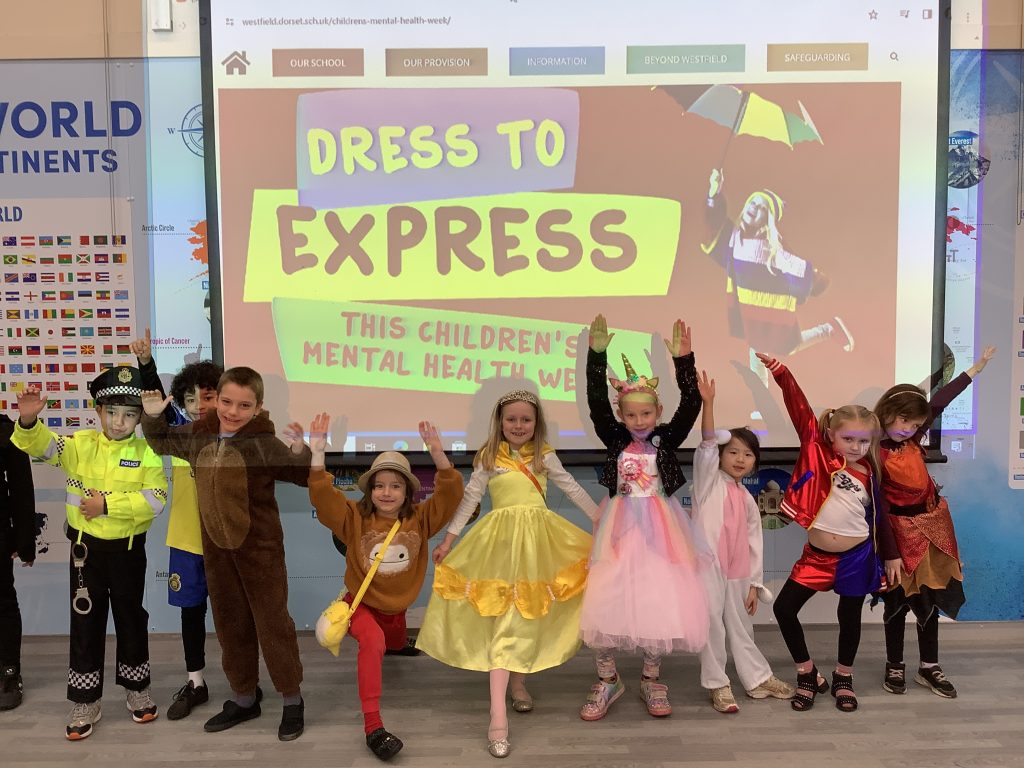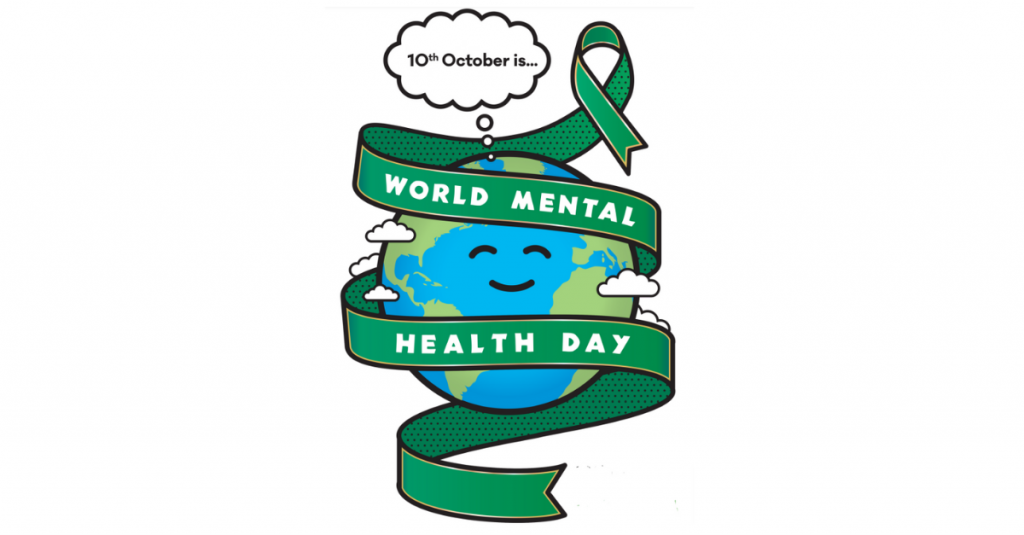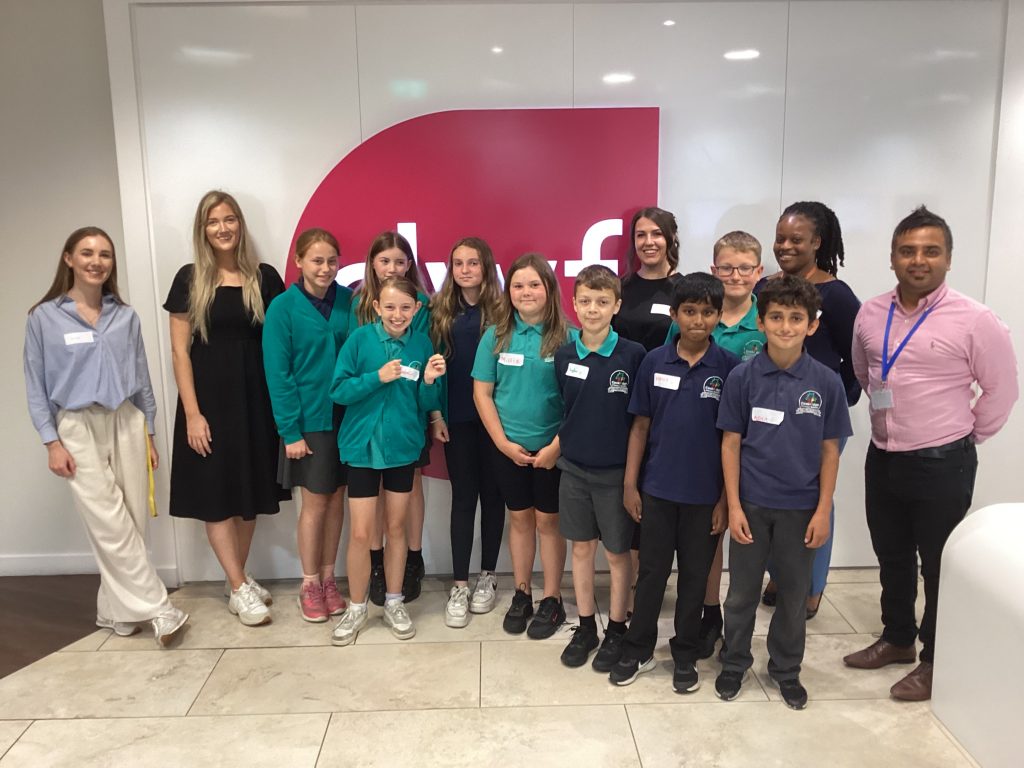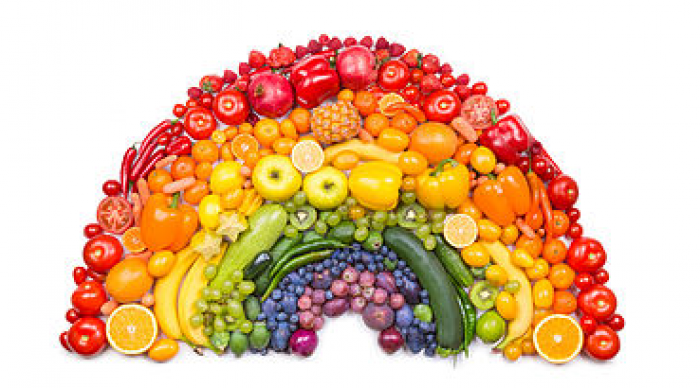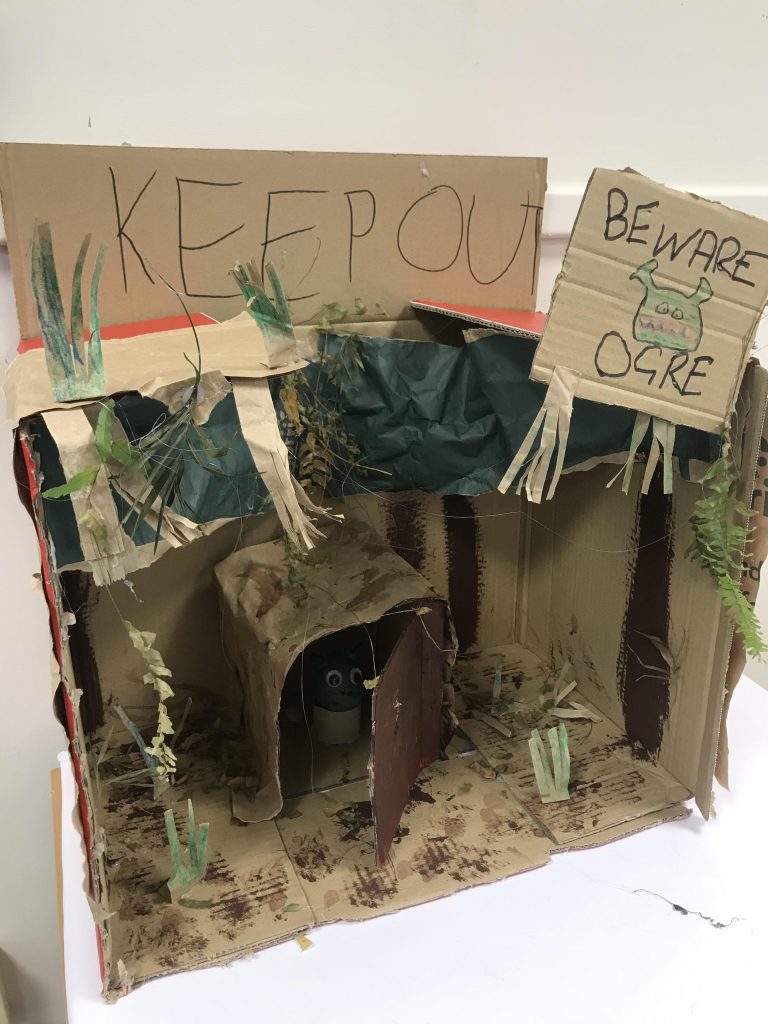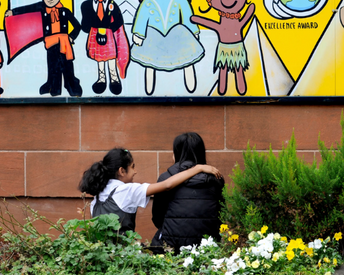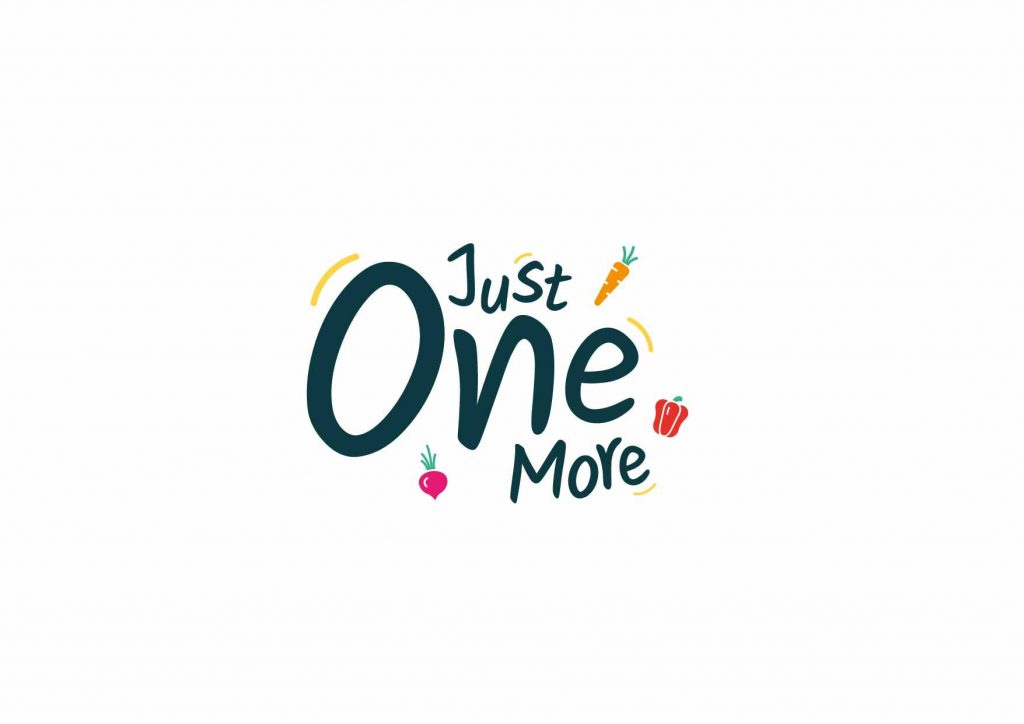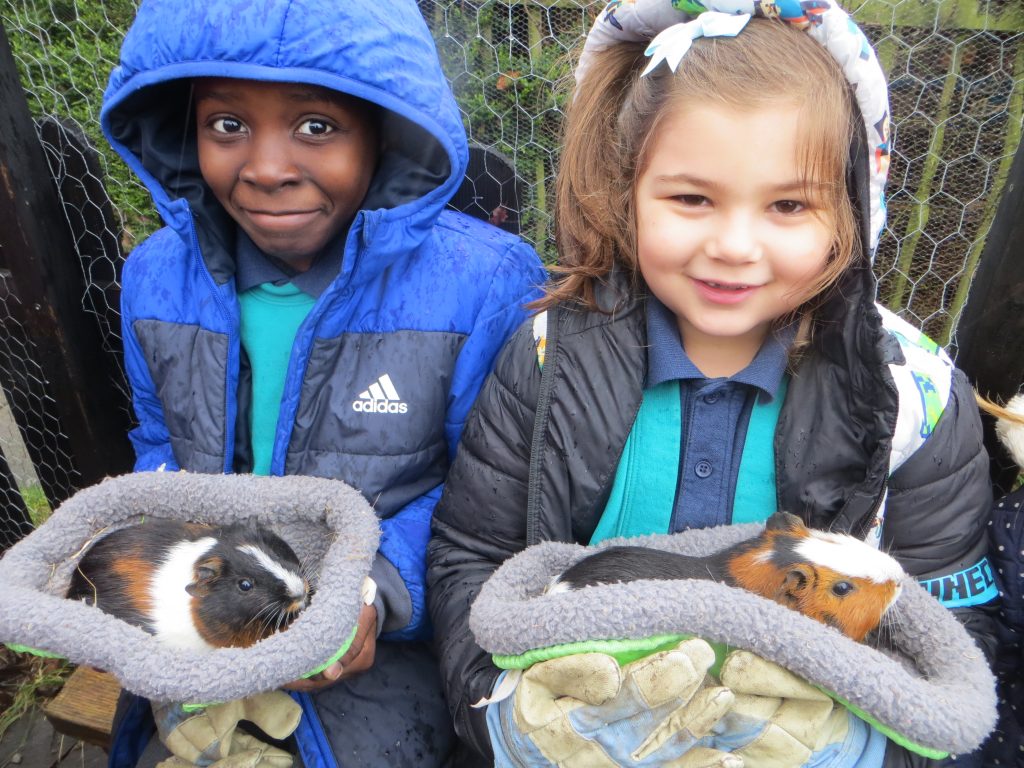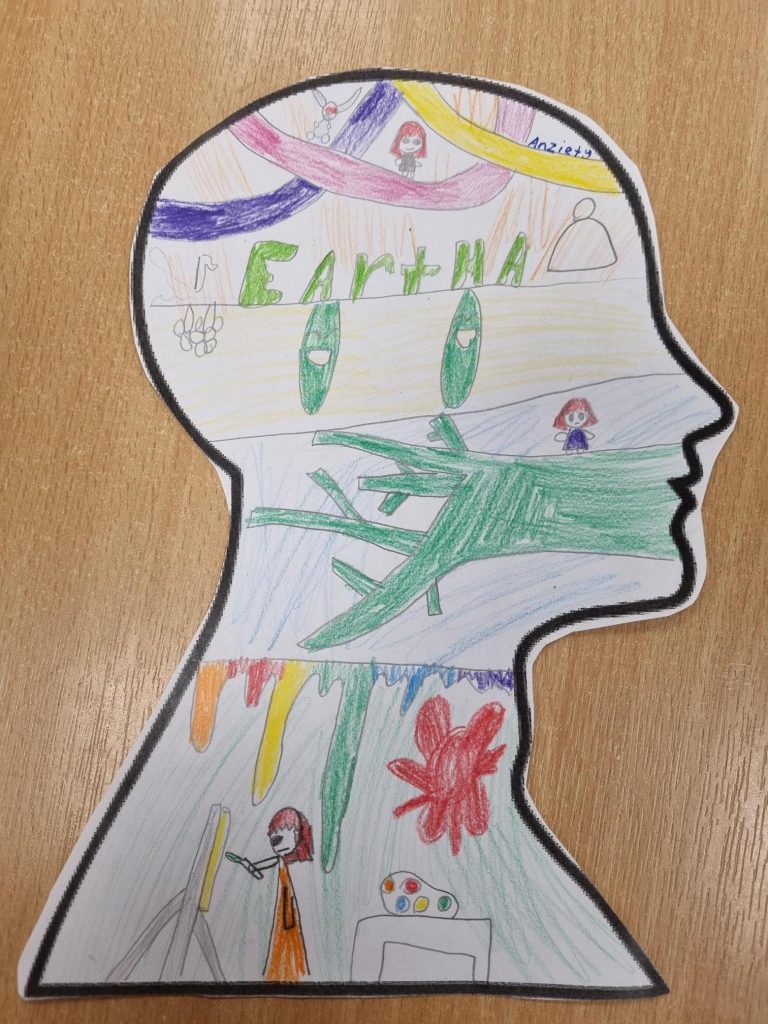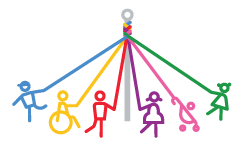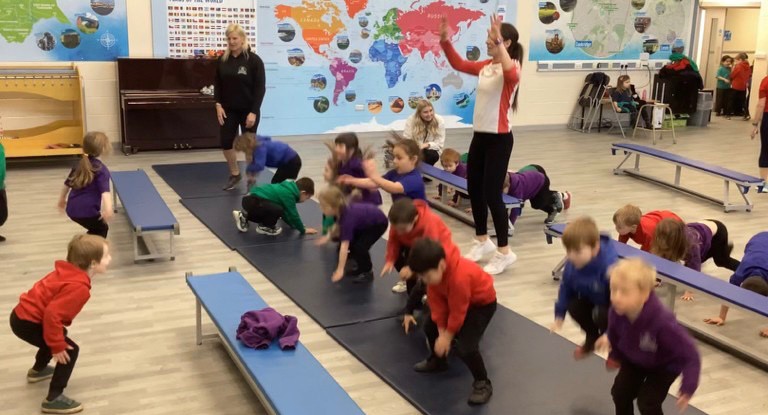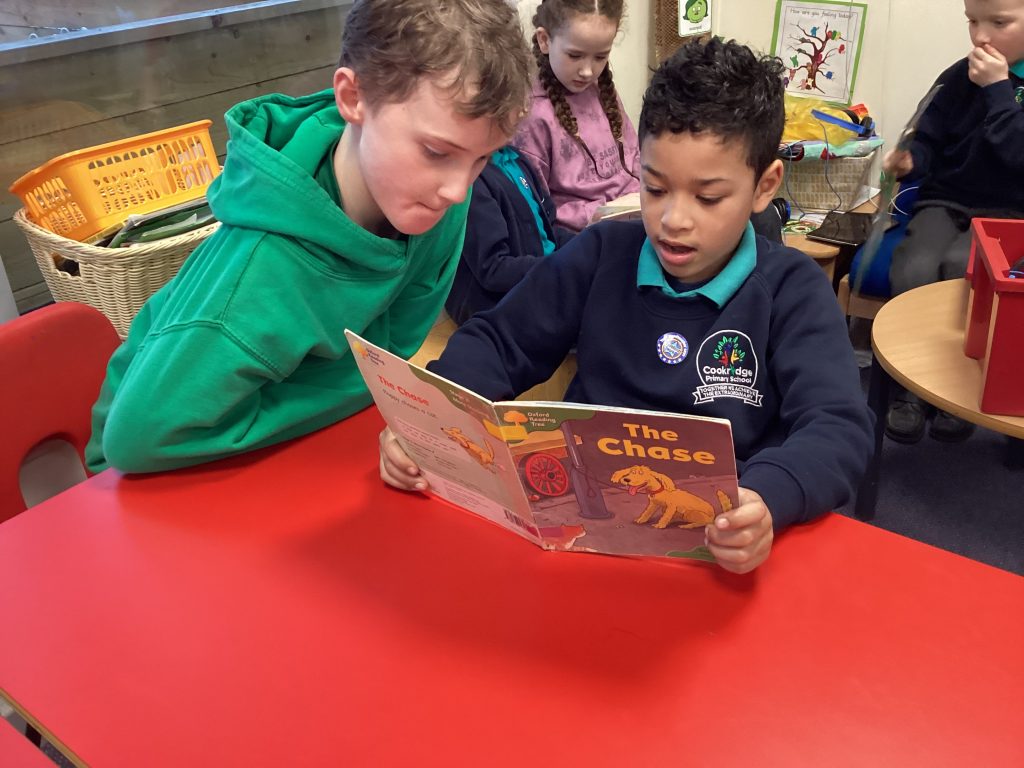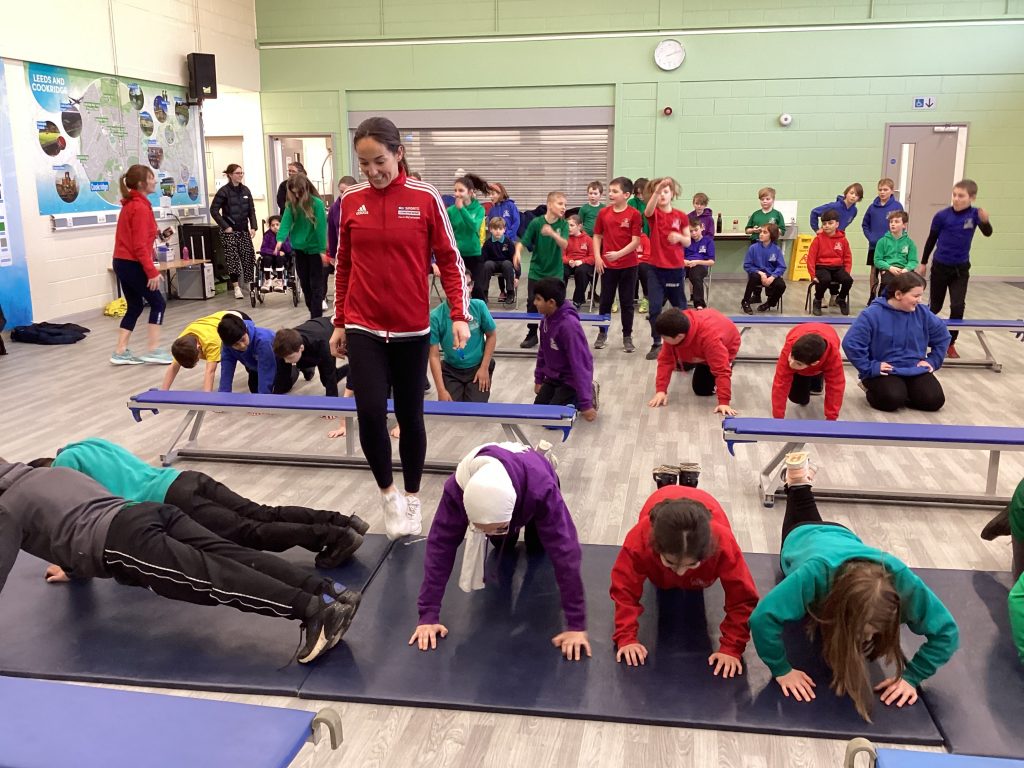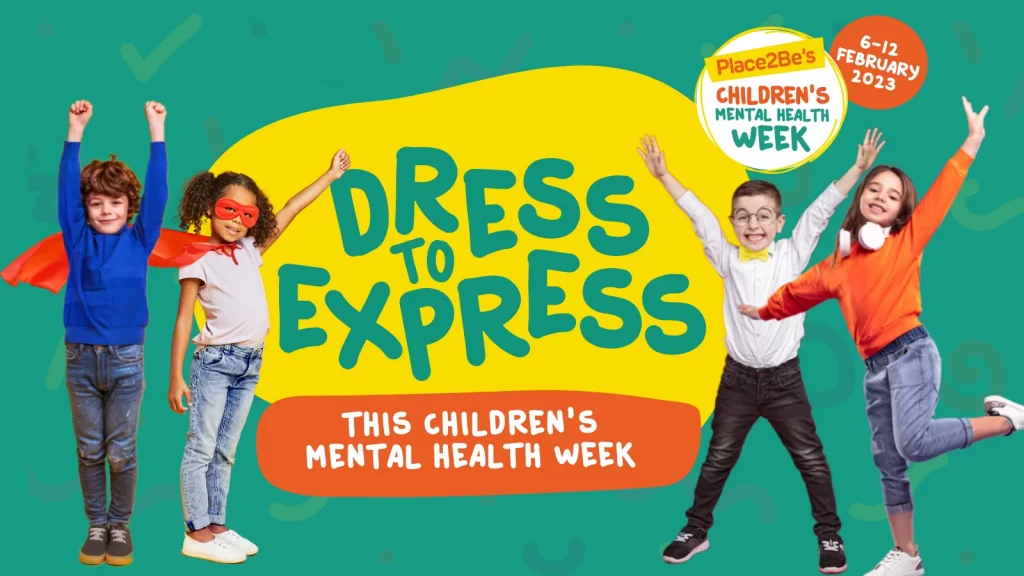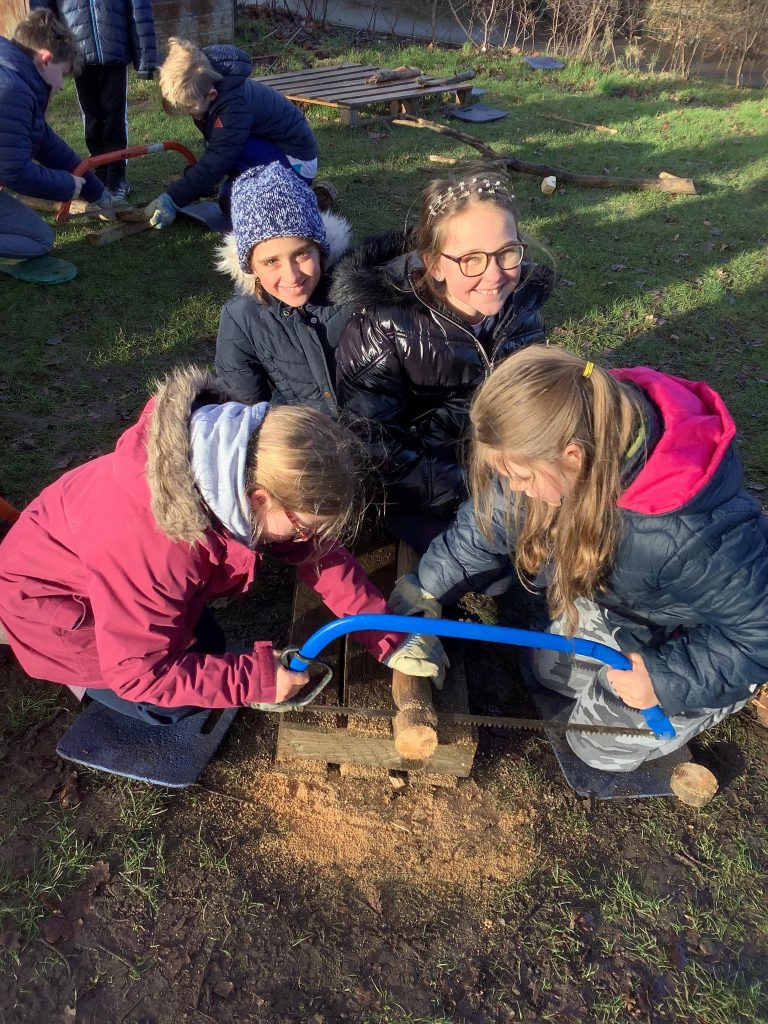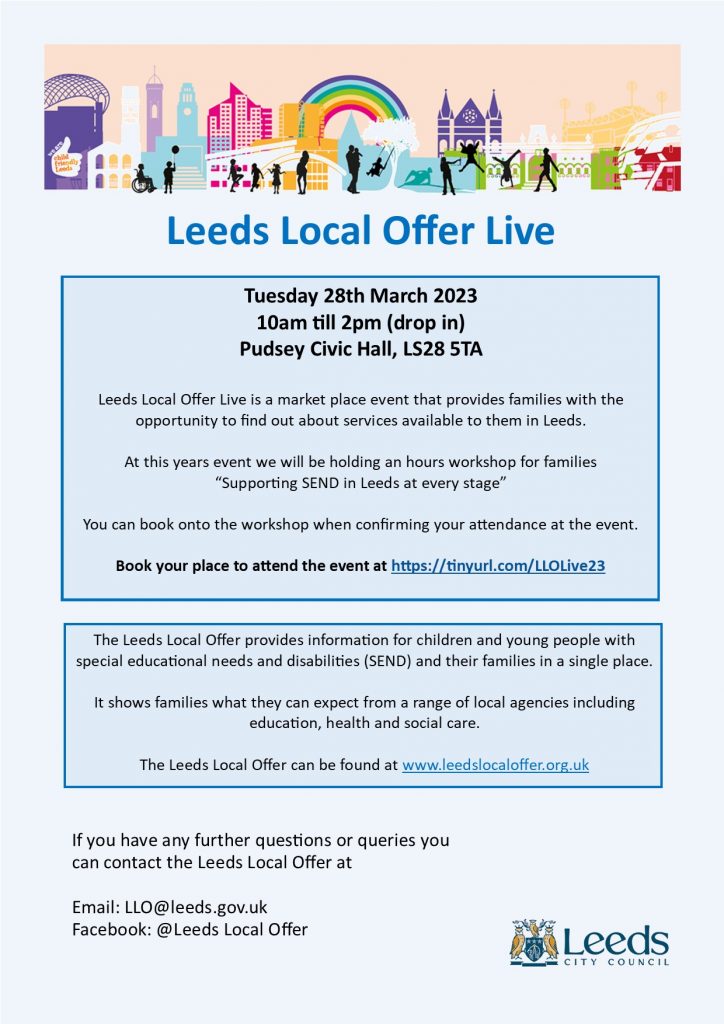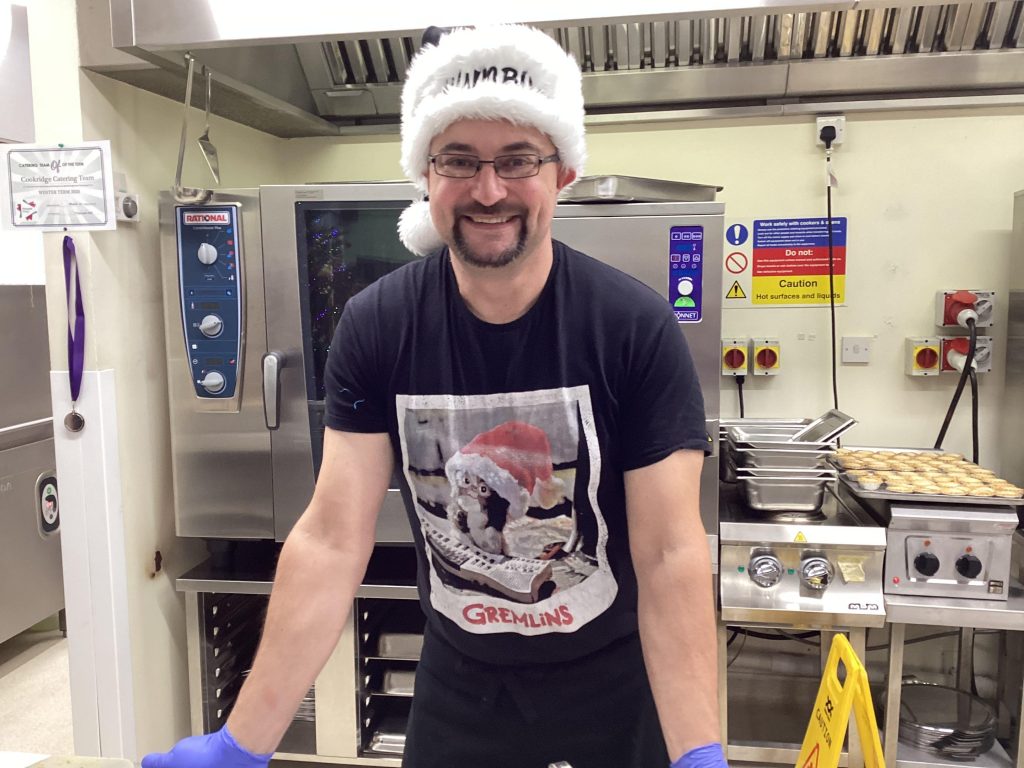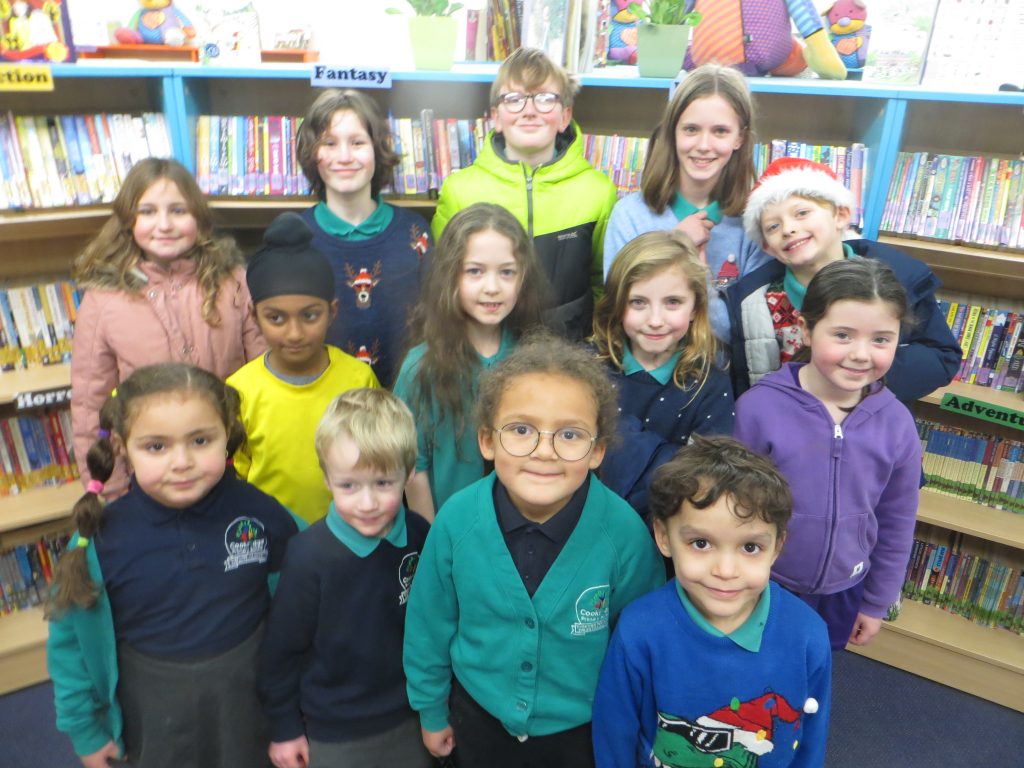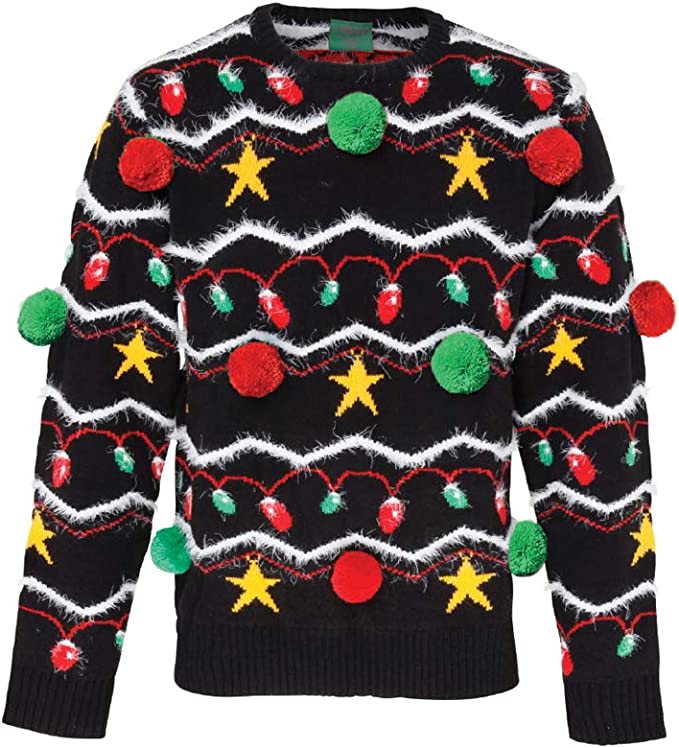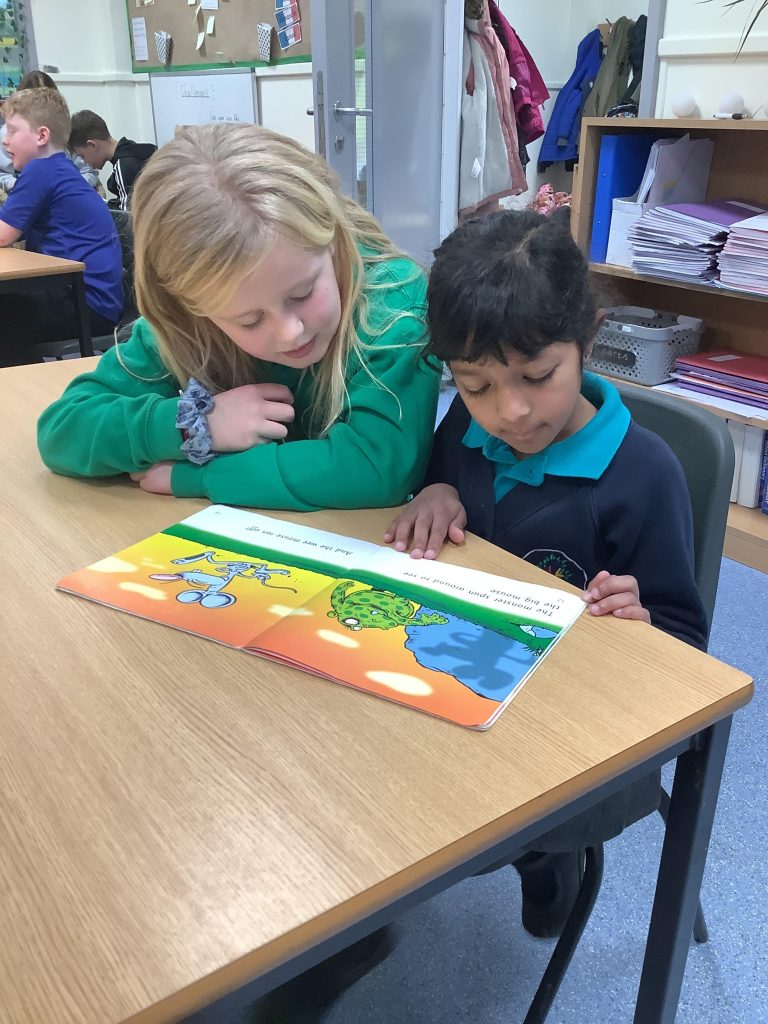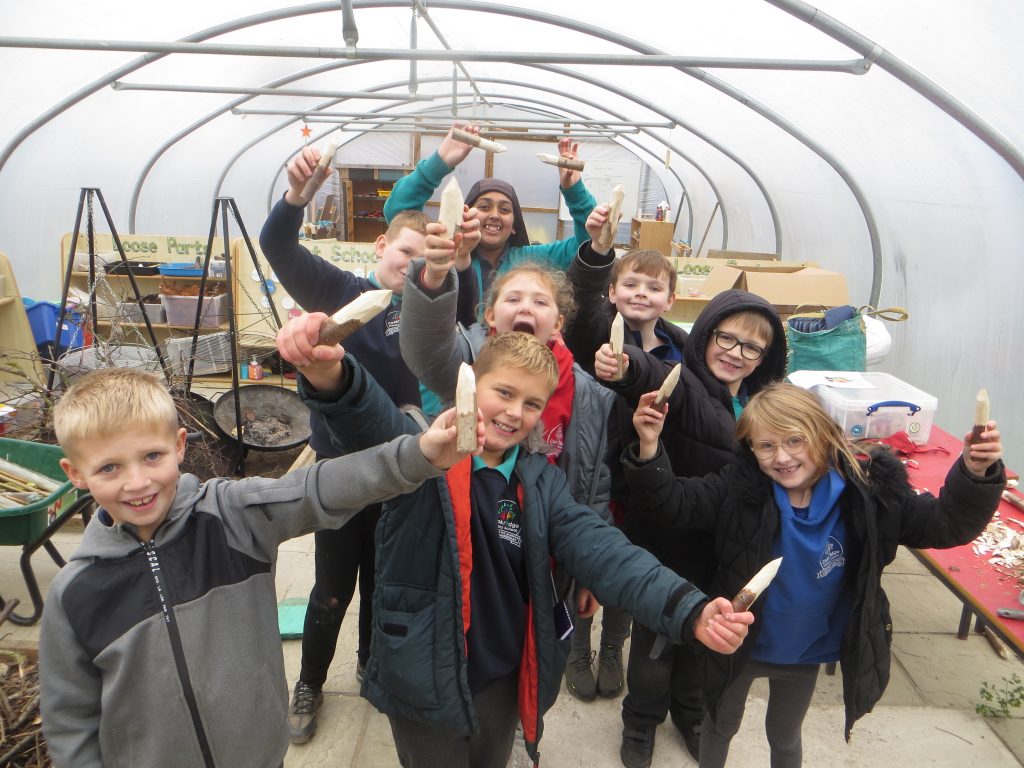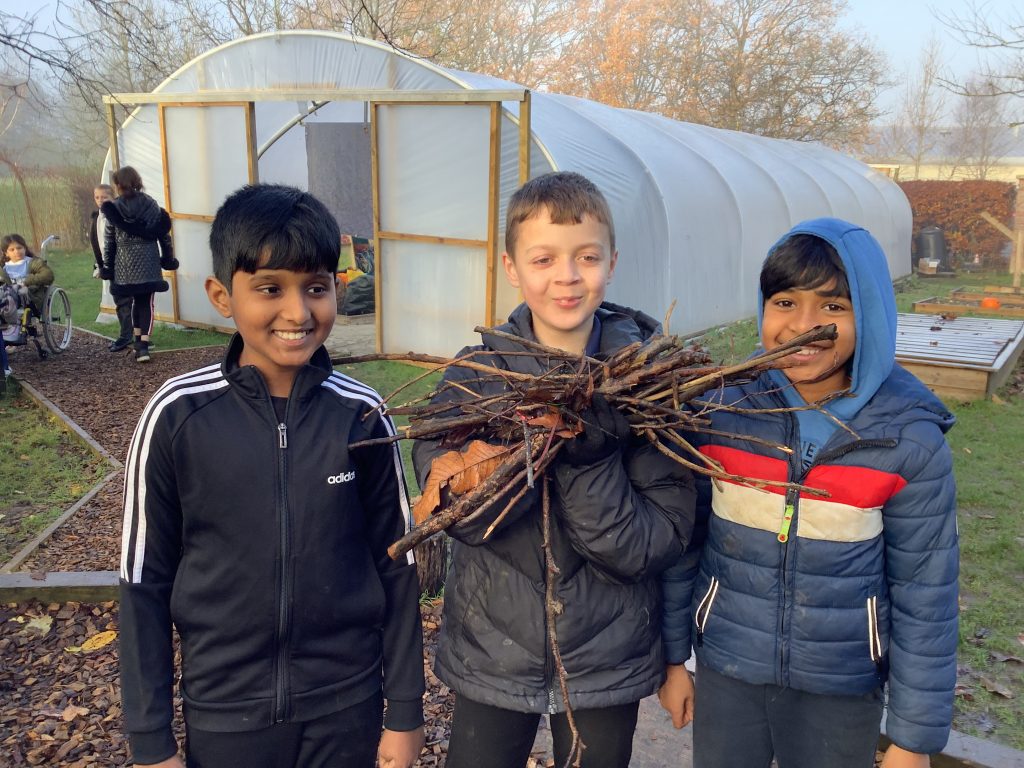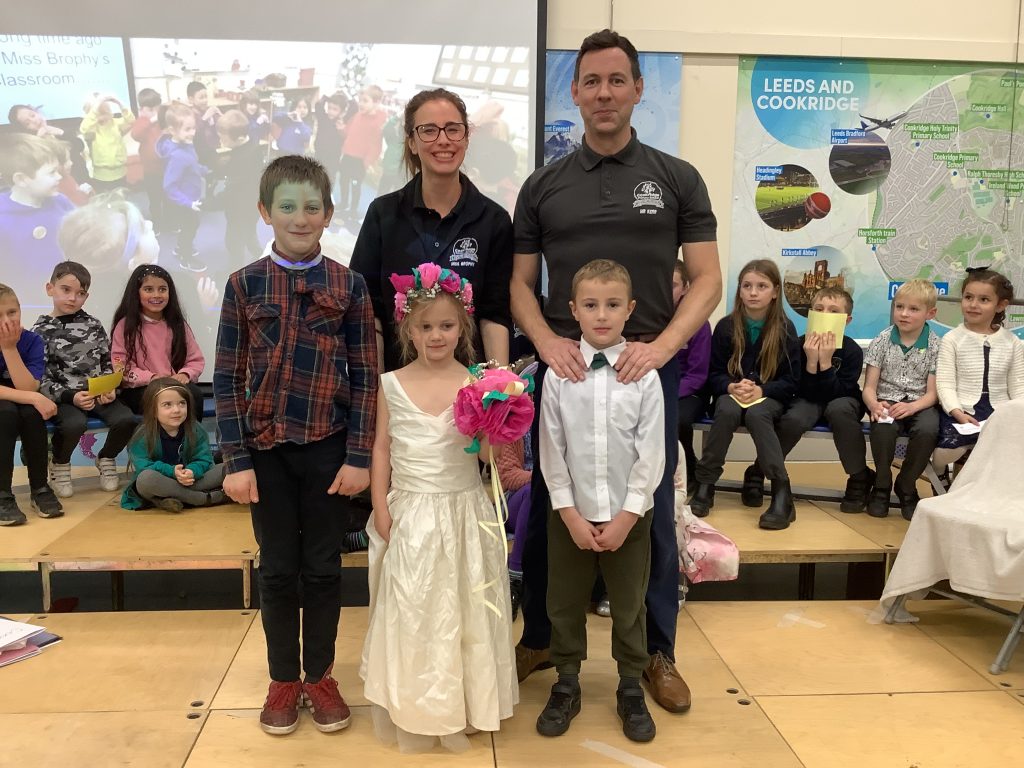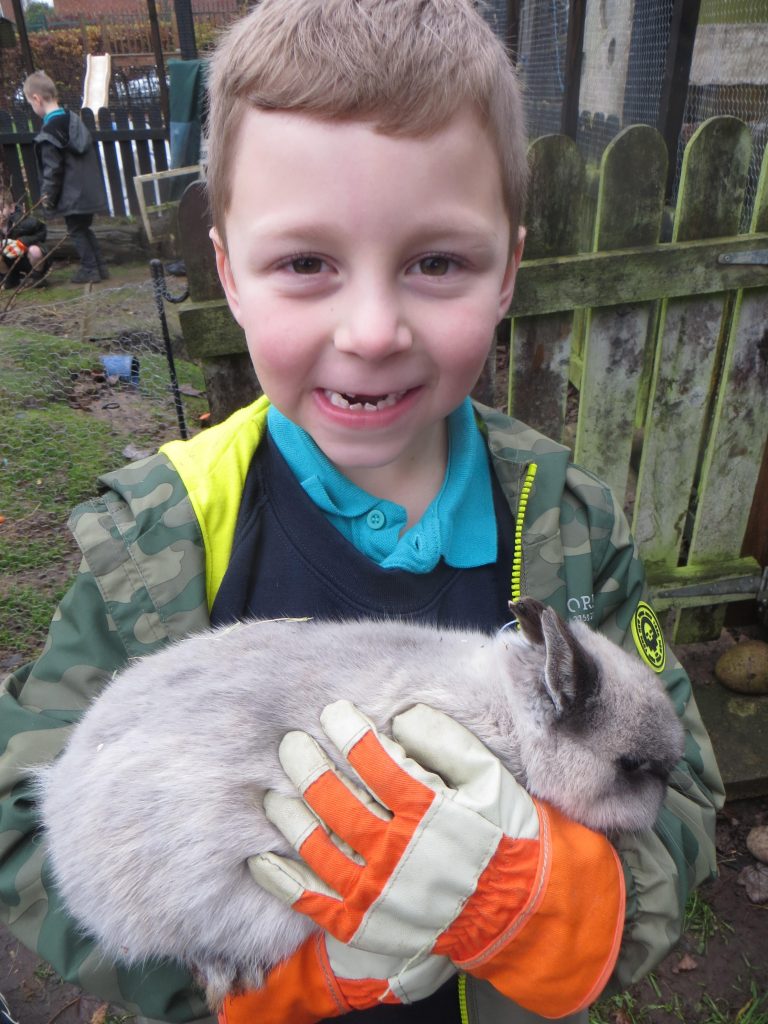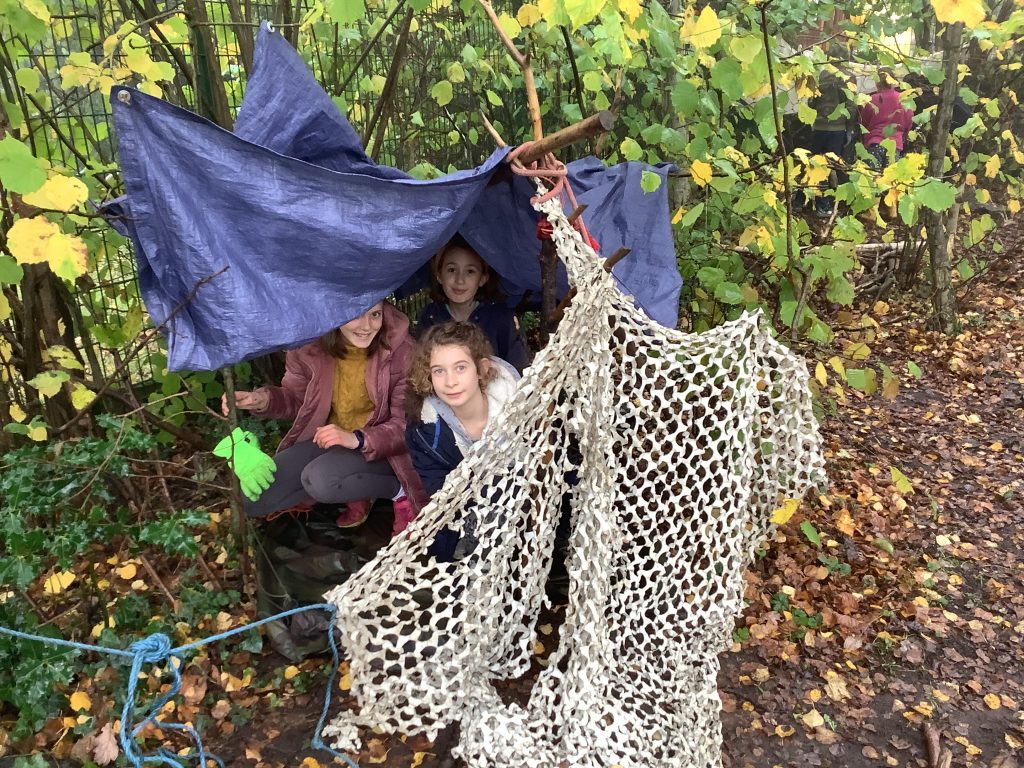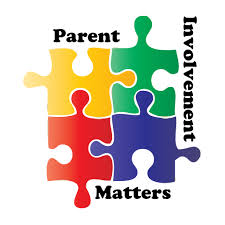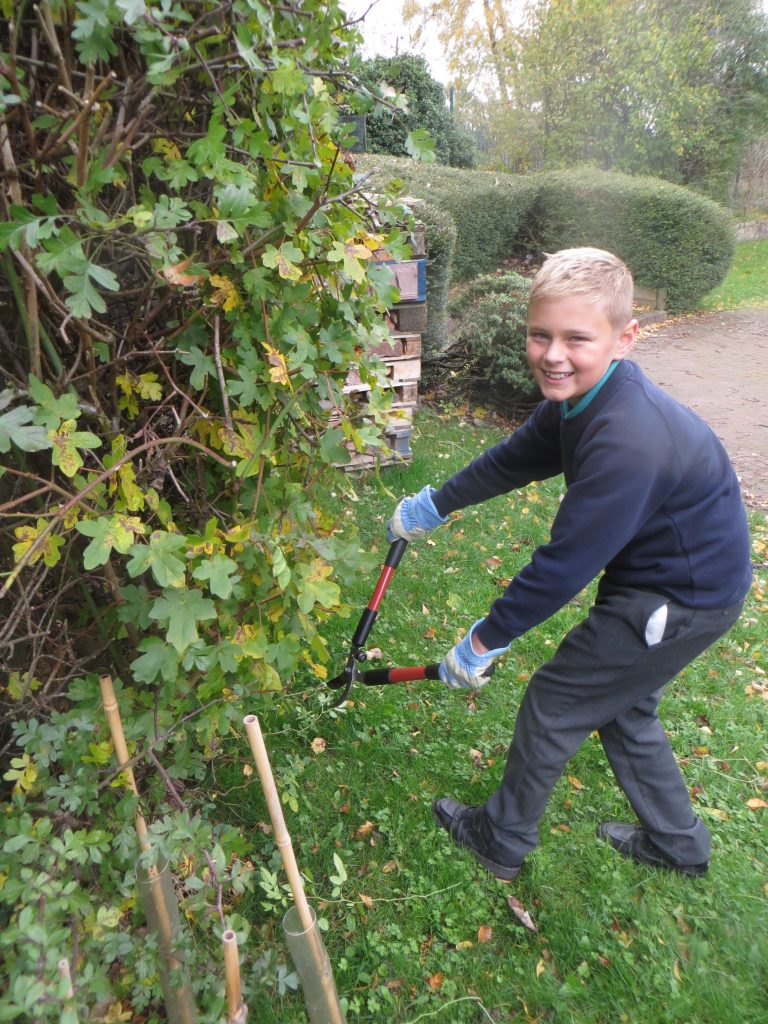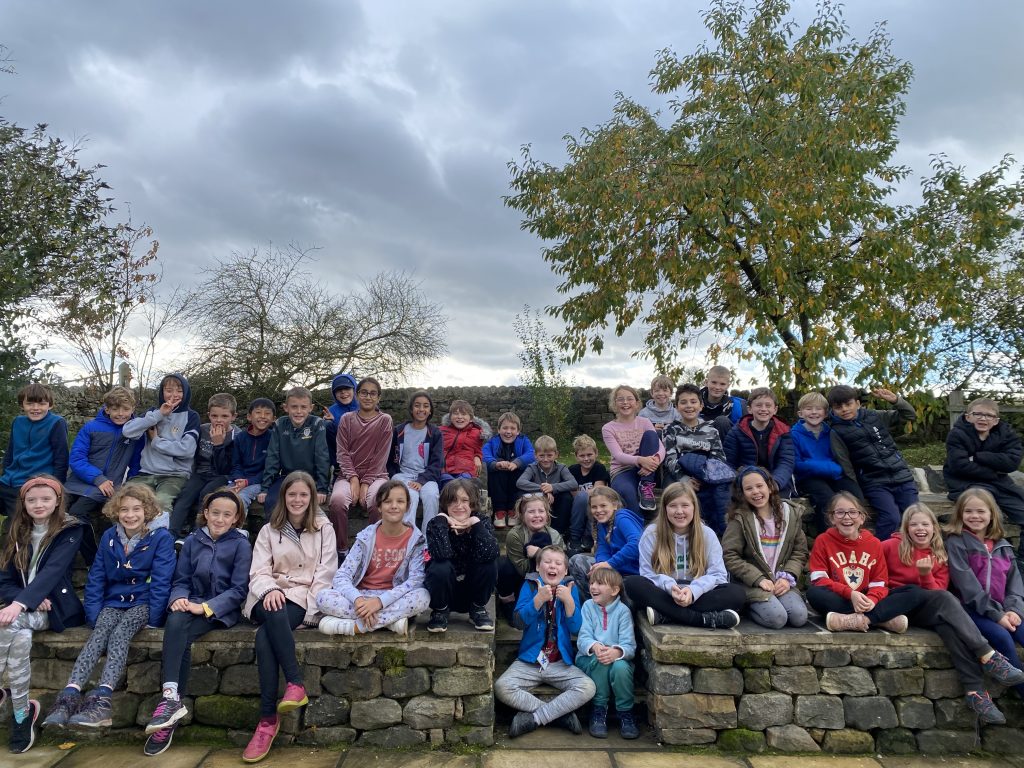| Children can talk or through actions show: | |
| H1 | about what keeping healthy means; different ways to keep healthy |
| H2 | about foods that support good health and the risks of eating too much sugar |
| H3 | about how physical activity helps us to stay healthy; and ways to be physically active everyday |
| H4 | about why sleep is important and different ways to rest and relax |
| H5 | simple hygiene routines that can stop germs from spreading |
| H6 | that medicines (including vaccinations and immunisations and those that support allergic reactions) can help people to stay healthy |
| H7 | about dental care and visiting the dentist; how to brush teeth correctly; food and drink that support dental health |
| H8 | about different ways to learn and play; recognising the importance of knowing when to take a break from time online or TV |
| H10 | about the people who help us to stay physically healthy |
| H11 | about different feelings that humans can experience |
| H12 | how to recognise and name different feelings |
| H13 | how feelings can affect people’s bodies and how they behave |
| H14 | how to recognise what others might be feeling |
| H15 | to recognise that not everyone feels the same at the same time, or feels the same about the same things |
| H16 | about ways of sharing feelings; a range of words to describe feelings |
| H17 | about things that help people feel good (e.g. playing outside, doing things they enjoy, spending time with family, getting enough sleep) |
| H18 | different things they can do to manage big feelings, to help calm themselves down and/or change their mood when they don’t feel good |
| H19 | to recognise when they need help with feelings; that it is important to ask for help with feelings; and how to ask for it |
| H20 | about change and loss (including death); to identify feelings associated with this; to recognise what helps people to feel better |
| H21 | to recognise what makes them special |
| H22 | to recognise the ways in which we are all unique |
| H23 | to identify what they are good at, what they like and dislike |
| H24 | how to manage when finding things difficult |
| H25 | to name the main parts of the body including external genitalia (e.g. vulva, vagina, penis, testicles) |
| H26 | about growing and changing from young to old and how people’s needs change |
| H27 | about preparing to move to a new class/year group |
| H28 | about rules and age restrictions that keep us safe |
| H29 | to recognise risk in simple everyday situations and what action to take to minimise harm |
| H30 | about how to keep safe at home (including around electrical appliances) and fire safety (e.g. not playing with matches and lighters) |
| H31 | that household products (including medicines) can be harmful if not used correctly |
| H32 | ways to keep safe in familiar and unfamiliar environments (e.g. beach, shopping centre, park, swimming pool, on the street) and how to cross the road safely |
| H33 | about the people whose job it is to help keep us safe |
| H34 | basic rules to keep safe online, including what is meant by personal information and what should be kept private; the importance of telling a trusted adult if they come across something that scares them |
| H35 | about what to do if there is an accident and someone is hurt |
| H36 | how to get help in an emergency (how to dial 999 and what to say) |
| H37 | about things that people can put into their body or on their skin; how these can affect how people feel |
UKS2 – PSHE
YEAR 5/6 (UKS2) - Examples of 'Expected' in the core skill of - Health and Wellbeing, Relationships, Living in the Wider World
Health and Wellbeing - Core Skills
Health and Wellbeing - Vocabulary
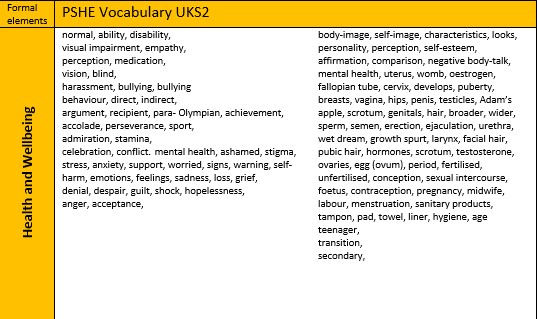
Relationships - Core Skills
| Children can talk or through actions show: | |
| R1 | About the roles different people (e.g. acquaintances, friends and relatives) play in our lives |
| R2 | To identify the people who love and care for them and what they do to help them feel cared for |
| R3 | About different types of families including those that may be different to their own |
| R4 | to recognise what is fair and unfair, kind and unkind, what is right and wrong |
| R5 | That it is important to tell someone (such as their teacher) if something about their family makes them unhappy or worried |
| R6 | About how people make friends and what makes a good friendship |
| R7 | About how to recognise when they or someone else feels lonely and what to do |
| R8 | Simple strategies to resolve arguments between friends positively |
| R9 | How to ask for help if a friendship is making them feel unhappy |
| R10 | That bodies and feelings can be hurt by words and actions; that people can say hurtful things online |
| R11 | About how people may feel if they experience hurtful behaviour or bullying |
| R12 | That hurtful behaviour (offline and online) including teasing, name-calling, bullying and deliberately excluding others is not acceptable; how to report bullying; the importance of telling a trusted adult |
| R13 | To recognise that some things are private and the importance of respecting privacy; that parts of their body covered by underwear are private |
| R14 | That sometimes people may behave differently online, including by pretending to be someone they are not |
| R15 | How to respond safely to adults they don’t know |
| R16 | About how to respond if physical contact makes them feel uncomfortable or unsafe |
| R17 | About knowing there are situations when they should ask for permission and also when their permission should be sought |
| R18 | About the importance of not keeping adults’ secrets (only happy surprises that others will find out about eventually) |
| R19 | Basic techniques for resisting pressure to do something they don’t want to do and which may make them unsafe |
| R20 | What to do if they feel unsafe or worried for themselves or others; who to ask for help and vocabulary to use when asking for help; importance of keeping trying until they are heard |
| R21 | About what is kind and unkind behaviour, and how this can affect others |
| R22 | About how to treat themselves and others with respect; how to be polite and courteous |
| R23 | To recognise the ways in which they are the same and different to others |
| R24 | How to listen to other people and play and work cooperatively |
| R25 | How to talk about and share their opinions on things that matter to them |
Relationships - Vocabulary
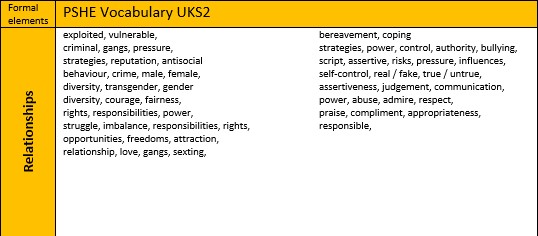
Living in the Wider World - Core Skills
| Children can talk or through actions show: | |
| L1 | about what rules are, why they are needed, and why different rules are needed for different situations |
| L2 | how people and other living things have different needs; about the responsibilities of caring for them |
| L3 | about things they can do to help look after their environment |
| L4 | about the different groups they belong to |
| L5 | about the different roles and responsibilities people have in their community |
| L6 | to recognise the ways they are the same as, and different to, other people |
| L7 | about how the internet and digital devices can be used safely to find things out and to communicate with others |
| L8 | about the role of the internet in everyday life |
| L9 | that not all information seen online is true |
| L10 | what money is; forms that money comes in; that money comes from different sources |
| L11 | that people make different choices about how to save and spend money |
| L12 | about the difference between needs and wants; that sometimes people may not always be able to have the things they want |
| L13 | that money needs to be looked after; different ways of doing this |
| L14 | that everyone has different strengths |
| L15 | that jobs help people to earn money to pay for things |
| L16 | different jobs that people they know or people who work in the community do |
| L17 | about some of the strengths and interests someone might need to do different jobs |
Living in the Wider World - Vocabulary
